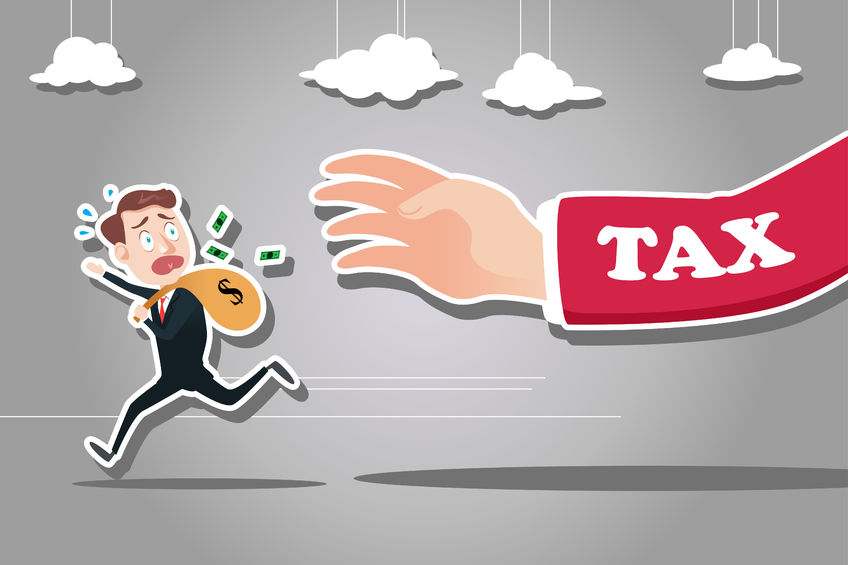The federal government charges a 7.5% excise tax on domestic air travel. When you buy miles from a U.S. airline you have to pay the tax, because the assumption is the miles are being used for domestic travel.
Similarly when you buy miles from a foreign airline, you do not owe the tax. Even though you can use British Airways miles for American and Alaska flights, the assumption is you’re using the miles for international travel.
American Express charges a fee to recover some of this tax when you transfer miles to Delta. The fee doesn’t apply to mileage transfers to non-U.S. frequent flyer programs.
In 2015 the IRS considered reducing the tax levied on mileage sales taking into account the percentage of awards claimed for domestic travel versus other things (e.g. “redemptions for international air transportation, restaurant gift cards, magazine and newspaper subscriptions, free hotel nights, and items from the airline’s shopping catalog.”). Unfortunately that change never happened.
However, the IRS notes that if you use purchased miles for international travel (or hotels, gift cards, or anything other than domestic air travel) you can claim a refund of that 7.5% tax.
[T]axpayers currently must pay tax on all frequent flyer miles purchased from an airline mileage awards program and then file a claim for credit or refund for tax paid on those frequent flyer miles that were ultimately redeemed other than for taxable air transportation.
If you’re someone who stocks up on American, United, or Alaska miles during their sales this would mean hundreds of dollars in savings. I’ve never actually tried to claim the refund though.

Copyright: artisticco / 123RF Stock Photo
As best I can figure you would use IRS form 8849, attaching Schedule 6 (for ‘other claims’) to request a refund of excise taxes. You’d need to attach additional pages explaining the claim and how it was calculated.
There’s only one wrinkle as far as I can tell. I cannot find where the air transportation tax has a corresponding CRN (credit reference number, which is required to use schedule 6).
This challenge, I think, is underappreciated because there’s hundreds of dollars per member buying large numbers of miles so the amounts involved seem significant. I’d think airlines would be incentivized to help publicize the ability to get 7.5% of the purchase price of miles back, since it makes buying the miles less expensive – indeed the airline might be able to discount less since the discount comes in the form of a refund from the government.
Are there any tax experts who might be able to offer insight or suggestions?
By the way here’s why denied boarding compensation isn’t taxable and how to dispute the value of miles reported on a 1099.


Gary, “Good Luck.”
Interesting Gary. I can see some possibilities as a small business owner.
Yes, I’ll take a look at the tax forms!
Funny. I filed my first claim in 2018 6 months after filing the claim the IRS sent me a note saying they wanted proof I paid the tax…. had to find the receipt. Refiled again in 2019 and attached copies of my receipts. 9 months later STILL NO REFUND.
IRS announced today they are hiring 800 people for collections but when I call for assistance to resolve IRS mistakes I have to wait on the phone 50 min before I get an employee with attitude who does not know anything.
Thus IF you do buy Miles keep a copy of your receipt showing the purchase price, fed tax paid and the total.